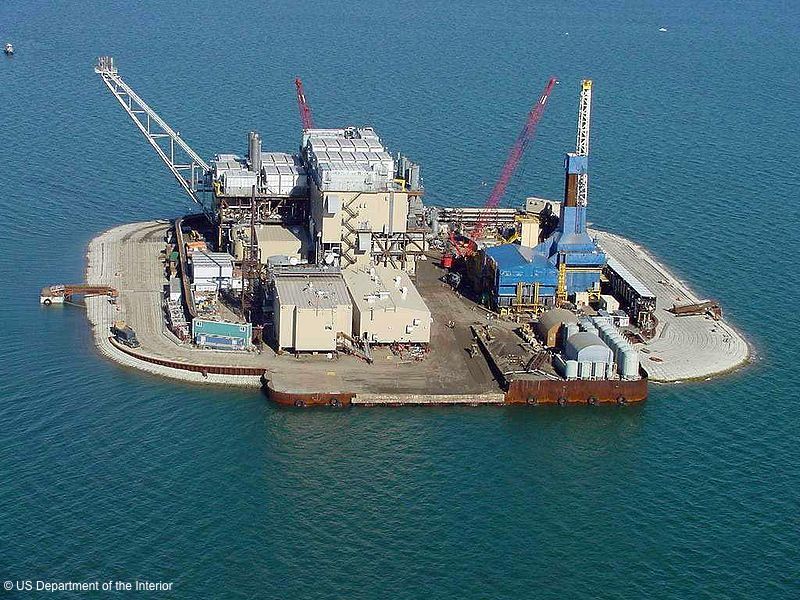The Obama Administration recently issued its first Arctic-specific regulations governing any new oil exploration in US Arctic waters in the Chuckchi and Beaufort Seas off the coast of Alaska. The new rules apply specifically to exploratory drilling operations from floating vessels.

Energy companies operating in the region are required to have detailed plans of how to respond to emergency situations. They must be able to forecast and respond to weather and sea ice conditions, and are required to halt operations before sea ice encroaches on their area of operations. They must also have ready at all times specialized equipment to trap oil spewing from leaking wells, and have a relief rig available to drill a relief well.
Many environmental groups lauded the new regulations, arguing that having drilling standards specific to the Arctic is important for working in such a harsh environment where infrastructure for search and rescue as well as cleanup operations is incredibly sparse. Yet some environmentalists believe the regulations aren't enough, and are calling for the Obama Administration to completely abandon planned leases off the coast of Alaska set to be issued in the next few years.
Representatives from the oil and gas industry find the new regulations to be too strict, having lobbied against them since they were first proposed in 2015. They complain the new regulations will discourage any drilling in US Arctic waters (which is estimated to contain 24 billion barrels of oil). Head of the US National Ocean Industries Association (NOIA) Randal Luthi issued a statement in response to the new rules, in which he argued that the “rule does not accurately reflect current industry capabilities” in dealing with emergency spill situations.
The US Department of the Interior estimates that costs to energy companies complying to the new regulations is expected to be in the vicinity of $2 billion dollars over the next decade. Janice Schneider, the US Department of the Interior Assistant Secretary for Land and Minerals, stated that the new requirements “far outweigh the costs” of cleaning up major oil spills.
